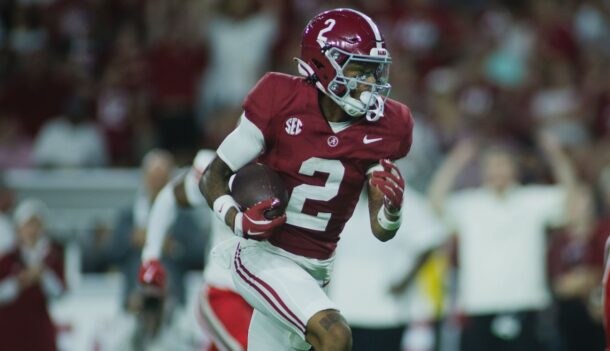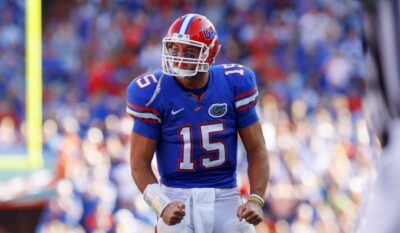On Thursday, the Nevada Gaming Control Board ruled that daily fantasy sports sites like DraftKings and FanDuel are a form of gambling, and are illegal in that state unless the companies and their employees have Nevada state gambling licenses.
The ruling does not affect daily fantasy sports in other states, but could lead other states to consider similar actions.
A.G. Burnett, the chairman of the Nevada Gaming Control Board, issued a statement on Thursday explaining the ruling:
“Over the last several months, Nevada Gaming Control Board (Board) staff has analyzed the legality of pay-to-play daily fantasy sports (DFS) pursuant to the Nevada Gaming Control Act and the regulations adopted thereunder. I further asked the Gaming Division of the Office of the Nevada Attorney General to perform a legal analysis as to whether DFS activities conflict in any way with Nevada law. Based on these analyses, I, along with Board staff, have concluded that DFS constitutes gambling under Nevada law. More specifically, DFS meets the definition of a game or gambling game pursuant to Chapter 463 of the Nevada Revised Statutes. Moreover, because DFS involves wagering on the collective performance of individuals participating in sporting events, under current law, regulation and approvals, in order to lawfully expose DFS for play within the State of Nevada, a person must possess a license to operate a sports pool issued by the Nevada Gaming Commission.”
Burnett went on to say that any licensed operators who offer daily fantasy sports must comply with all laws and regulations that apply to licensed sports pools in the state of Nevada, and that any companies who offer unlicensed daily fantasy sports activities must cease and desist until they obtain the proper licensing.
The New York Times reported that DraftKings and FanDuel have been operating under an exemption to the Unlawful Internet Gambling Enforcement Act of 2006, an act that outlawed online poker and sports betting. That act distinguishes between games of chance and fantasy sports that “reflect the relative knowledge and skill of the participants.” But former U.S. representative Jim Leach of Iowa, who co-authored the law, told the Boston Globe that while it “exempted fantasy sports from one law-enforcement mechanism . . . it did not exempt fantasy activities from a spectrum of state and federal statutes related to sports betting.”
“The Nevada Gaming Commission concluded that daily fantasy is gambling and needs to be licensed here,” David Gzesh, a Nevada lawyer specializing in gambling and sports law, told The New York Times. “It should give other states pause because if it’s perceived as gambling here, then how can they even offer it when sports betting is illegal in their states?”
The website legalfantasysports.com reported that, to its knowledge, no daily fantasy sports operators currently have Nevada gaming licenses. DraftKings and FanDuel both issued statements saying they disagreed with the ruling, but would temporarily suspend their operations in Nevada. Five other daily fantasy sports websites – Draftpot, FantasyDraft, FantasyScore, SkillDraft and StarsDraft – told Legal Fantasy Sports they will abide by the Nevada Gaming Commission’s ruling, and will stop offering daily fantasy sports in the state.
Five other states (Arizona, Iowa, Louisiana, Montana and Washington) also forbid daily fantasy sports, but none of them are as prominent as Nevada, which has long been known for offering legal gambling.
The Nevada Gaming Commission’s ruling is the latest setback for the daily fantasy sports industry. The industry’s problems started in September, when a DraftKings employee prematurely released data that could have given some fantasy players an advantage. That led to speculation that insiders had access to information that could have given them an edge in their games. Making matters worse, that same employee won $350,000 on FanDuel that week.
Since then, class-action lawsuits have been filed in Massachusetts, New York, Illinois and Louisiana, which allege that ordinary players are being cheated by insiders in daily fantasy competitions. The FBI is conducting an investigation. Regulators have been investigating whether or not there are adequate protections for customers. Law enforcement agencies have been looking into whether daily fantasy sports companies or their employees are violating existing laws. In Florida, the industry could be subjected to a federal grand jury investigation.
Senator Richard Blumenthal of Connecticut has called for a Federal Trade Commission inquiry into the industry. Massachusetts Attorney General Maura Healey and New York Attorney General Eric Schneiderman are conducting inquiries of their own.
According to the Fantasy Sports Trade Association, around 57 million people in North America participate in some form of fantasy sports.







